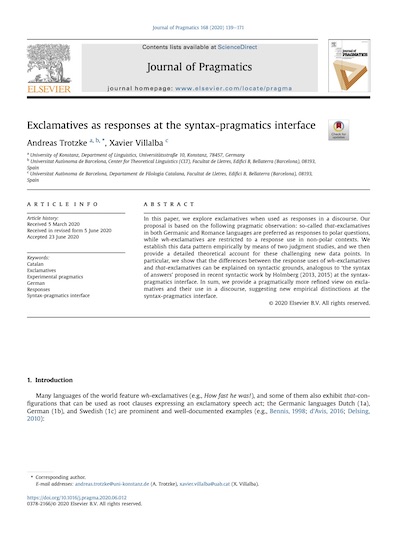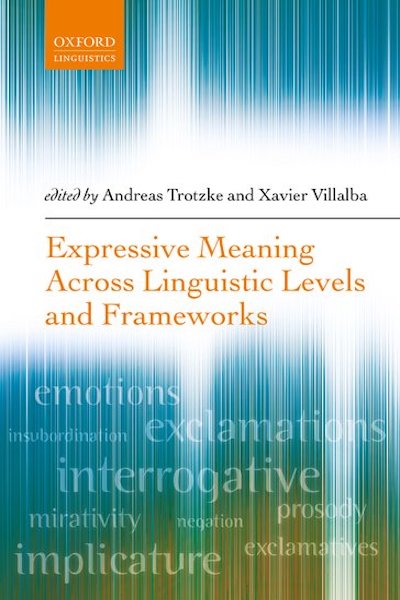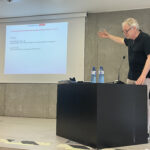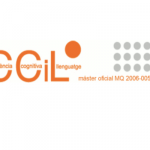Trotzke & Villalba (2020). Exclamatives as responses at the syntax-pragmatics interface

Autors:
Andreas Trotzke & Xavier VillalbaTítol:
Exclamatives as responses at the syntax-pragmatics interfaceEditorial: Journal of Pragmatics, 168 (pp. 139–171)
Data de publicació: Octubre del 2020
Més informació
Text complet
In this paper, we explore exclamatives when used as responses in a discourse. Our proposal is based on the following pragmatic observation: so-called that-exclamatives in both Germanic and Romance languages are preferred as responses to polar questions, while wh-exclamatives are restricted to a response use in non-polar contexts. We establish this data pattern empirically by means of two judgment studies, and we then provide a detailed theoretical account for these challenging new data points. In particular, we show that the differences between the response uses of wh-exclamatives and that-exclamatives can be explained on syntactic grounds, analogous to ‘the syntax of answers’ proposed in recent syntactic work by Holmberg (2013, 2015) at the syntax-pragmatics interface. In sum, we provide a pragmatically more refined view on exclamatives and their use in a discourse, suggesting new empirical distinctions at the syntax-pragmatics interface.






